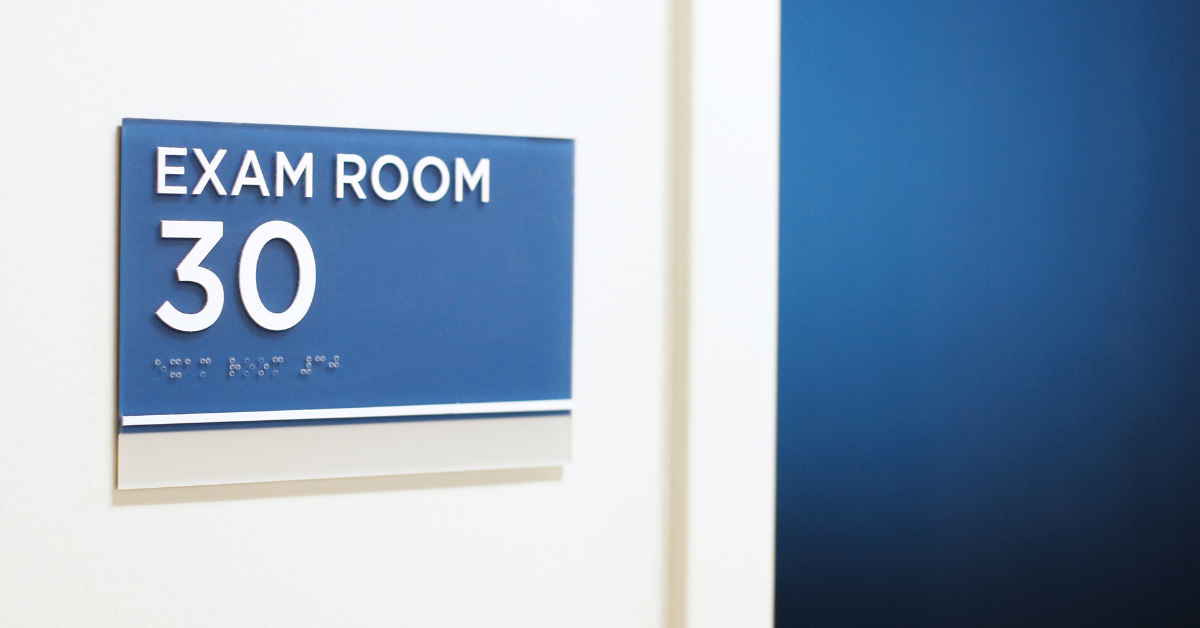
While going to see the doctor probably doesn’t make anyone’s top 10 list of favorite activities, studies have shown that men are less likely to schedule regular checkups, in comparison to women. With the month of June designated as National Men’s Health Month, there is no time like the present to unpack the reasons why men may be avoiding the doctor, why that matters and what to do about it.
The Numbers
A national survey conducted by the Cleveland Clinic in 2019 showed that over half of the males participating did not get regular checkups and 72 percent would rather do household chores instead. Of those who did go and see their doctor, 20 percent admitted that they hadn’t been 100 percent honest while they were there.
How Come?
Dr. David Colon, an internal medicine physician at Tryon Medical Partners’ Pineville location, believes there are multiple factors playing a role in men shying away from going to the doctor.
“There has been an ongoing stigma about men needing to be tough and independent, and able to handle things on their own,” Colon said. “And then there’s the old saying that ‘ignorance is bliss.’ If you don’t know that there is a problem, then you won’t have to take care of anything, like changing your eating habits, incorporating more exercise or having follow-up tests that may be needed. In other cases, some men may avoid going to see the doctor for financial reasons.”
The Cleveland Clinic study also cites that some men feel judged by their doctors, and some are just embarrassed to talk about any health issues they may be having.
Why It Matters
Men’s Health Network notes that on average, men die five years younger than women, and die at higher rates from nine of the 10 top causes of death. As a society, women seem to be more ingrained in the healthcare system and more apt to maintain regular, ongoing care. But preventative care is necessary for men to remain healthy.
One way to help combat men’s apprehension is for them to establish a relationship with a provider with whom they feel comfortable, who will take the time to get to know them and their medical history. While men may fear poking and prodding at an annual physical, Dr. Colon says that for his patients, they can expect to spend a lot of the time talking.
“I think it’s very important for patients to feel comfortable coming in to see their doctor,” Dr. Colon said. “With so many of my patients, I have seen them for years and we are able to have an open dialogue to discuss anything that will help keep them healthy.”
If men have a close relationship with their provider, they may be more honest about any health concerns, which can lead to finding and treating a potential issue sooner. At annual physicals, men can expect their vitals to be checked (temperature, heart rate or pulse, respiratory rate and blood pressure), as well as full blood panel screening, including a prostate-specific antigen (PSA) reading beginning in their 40s, or earlier with a family history of prostate disease.
Helpful Hints
When asked to share any helpful hints for his male patients in maintaining a healthy lifestyle, Dr. Colon says to remember that everything in excess is bad. “Counting calories is a cheap and effective diet versus any other recommended ‘fads.’ For exercise, find something that you love to do so that you will be more apt to do it, and feel free to mix it up (bike one day and play basketball another).”
In this era of COVID-19, Dr. Colon reminds us that this is the time to be super cautious, wear a mask in public places, remember social distancing, regularly wash your hands and just use common sense. Also, don’t forget or put off getting your flu shot this year.
“Since we don’t yet know if there can be co-infection with COVID-19, it’s important to protect yourself against the flu,” Colon adds.
Now Is the Time
So there is no time like the present, during National Men’s Health Month, to make that appointment for your annual physical. If you don’t already have a provider, reach out to begin establishing a relationship with one who can help you take the best care of yourself. And who knows, maybe this means that cleaning the bathrooms will finally take its rightful place at the bottom of the list of dreaded activities, behind going to see your doctor.

